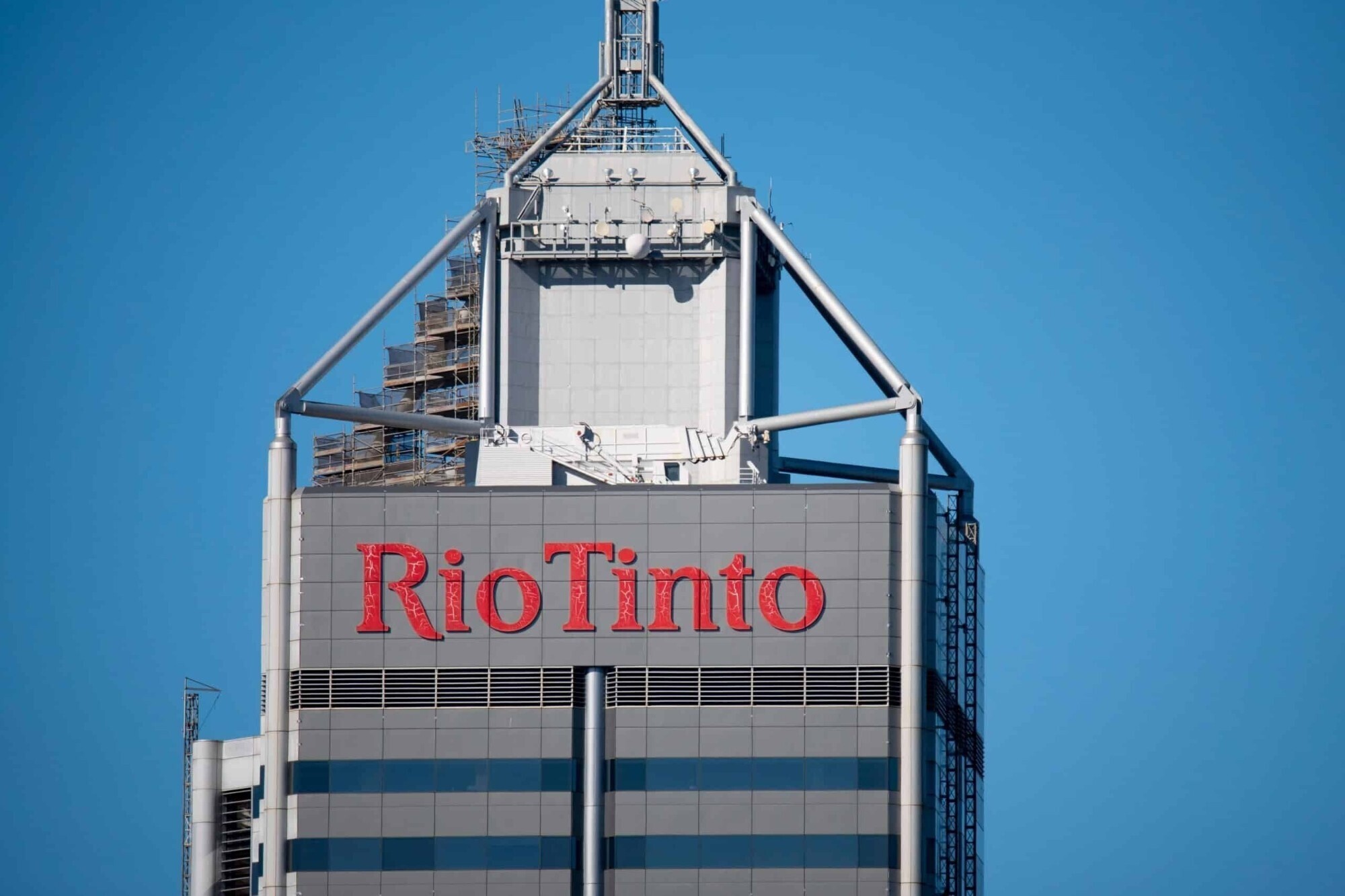您想继续阅读英文文章还
是切换到中文?
是切换到中文?

THINK ALUMINIUM THINK AL CIRCLE

Global mining giant Rio Tinto has signed a binding agreement with Chile's state-owned mining company, ENAMI, to jointly develop the promising Salares Altoandinos lithium project in the Atacama region, with a USD 425 million contribution.

While the deal marks another major push into the booming lithium market, it also sends a powerful strategic signal about the interconnected future of critical minerals and the global aluminium industry, both of which are foundational to the electric vehicle revolution.
Beyond aluminium, towards related minerals
The agreement, announced Thursday, will see Rio Tinto acquire a majority stake and take the lead in developing the project, bringing its extensive technical expertise and capital to one of the world's most booming lithium regions.
The critical connection to the aluminium industry lies in the end-user market for both metals: the electric vehicle. If lithium is the "heart" of an EV, then aluminium is its "body and bones". Rio Tinto also brings to the table its Direct Lithium Extraction (DLE) technology.
Automakers are aggressively adopting aluminium to lighten their vehicles. The heavy battery packs required for long-range EVs are offset by using lightweight aluminium, making the vehicle more efficient and extending its range on a single charge.
Rio Tinto Minerals’ Chief Executive Sinead Kaufmann said, “We are continuing to execute our strategy of building a world-class lithium portfolio to position Rio Tinto as a global leader in the responsible supply of critical minerals essential to the energy transition. The Salares Altoandinos project represents a significant opportunity to develop a large-scale, long-life, low-cost lithium brine resource.”
As per ENAMI company chief Ivan Mlynarz, production at the new facility will start in 2032 with 35,000 metric tonnes of the battery metal per year and ramp up over three years to 75,000 tonnes.
Convergence of lithium and aluminium sectors
Rio Tinto's deepening investment in lithium creates a powerful synergy with its existing world-class aluminium division. The company is positioning itself towards supplying two of the most essential materials for EV manufacturing: the lithium for the power source and the low-carbon aluminium for the vehicle's structure.
As a pioneering producer of sustainable aluminium, made through emissions-free ELYSIS technology and renewable hydropower, Rio Tinto is now able to provide an even more attractive option for sustainability-minded automakers.
This deal is an unmistakable sign that the world is taking a holistic view of the material requirements of the transition to green energy, demonstrating how the futures of lithium and aluminium are now inextricably entwined.
Responses








